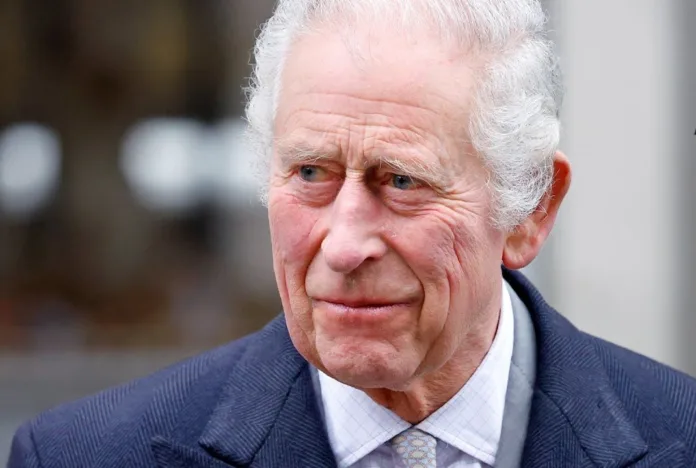Pro-Kremlin channels fuel disinformation, prompting official denials from British embassies
In an unsettling development, pro-Kremlin media channels and outlets have been implicated in spreading false news regarding the death of King Charles III, creating a wave of disinformation that momentarily caused international confusion. Notable Russian Telegram channels such as Mash and Readovka, along with media entities like Sputnik—which faces EU sanctions for propaganda—were among the primary sources disseminating the unfounded claims.
The disinformation campaign featured a fabricated screenshot, purportedly from Buckingham Palace, announcing the monarch’s sudden demise. This false statement bore a striking resemblance to the official announcement made upon Queen Elizabeth II’s passing, lending it a veneer of credibility that helped propel the rumour across social media platforms and beyond.
The rumour gained traction on X (formerly Twitter), where additional claims, such as government buildings flying flags at half-mast, further fueled speculation before the falsehood was widely recognized. The rapid spread of this disinformation reached several countries, leaving authorities and diplomatic missions to swiftly counter the rumours with factual statements.
The British Embassy in Ukraine was among the first to respond, issuing a clarification to dispel the rumours decisively. A similar denial was later echoed by the British Embassy in Azerbaijan, emphasizing the falsehood of the claims surrounding King Charles III’s health and status.
This incident of fake news appears to have originated from a post on a Pakistani news outlet dated March 16, which was subsequently amplified by accounts known for sharing conspiracy theories on X. The episode has underscored the pervasive challenge of disinformation in the digital age, particularly concerning figures of significant public interest such as the British Royal Family. The incident has prompted discussions about the need for heightened vigilance and the swift debunking of falsehoods to prevent the spread of unfounded rumours and maintain public trust.
